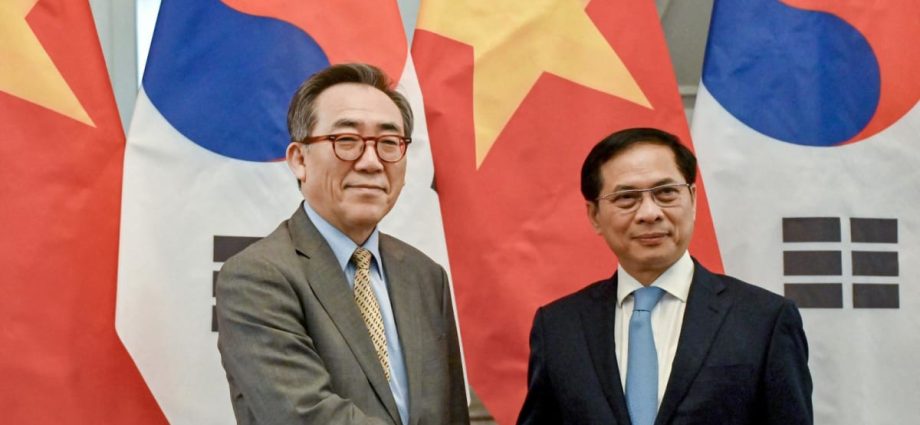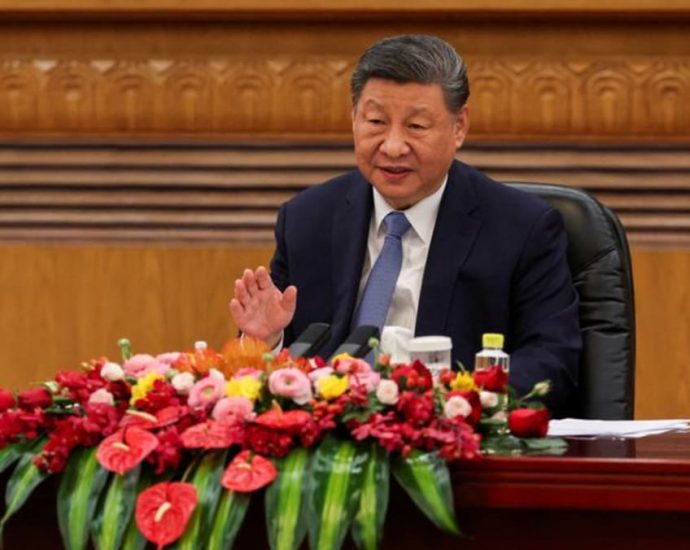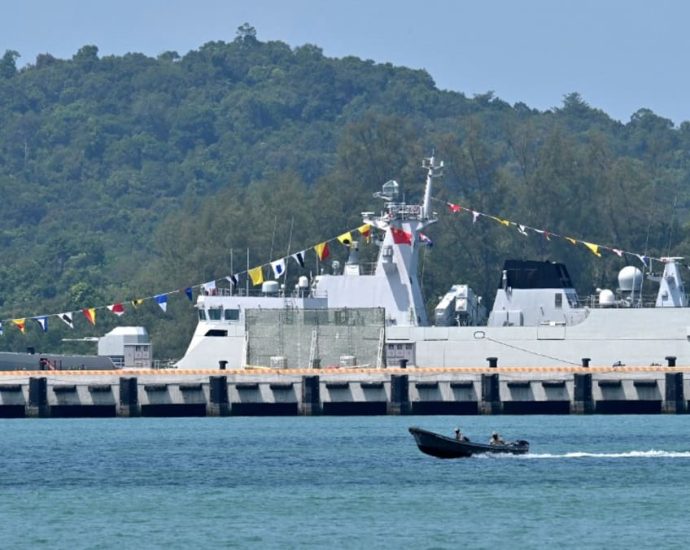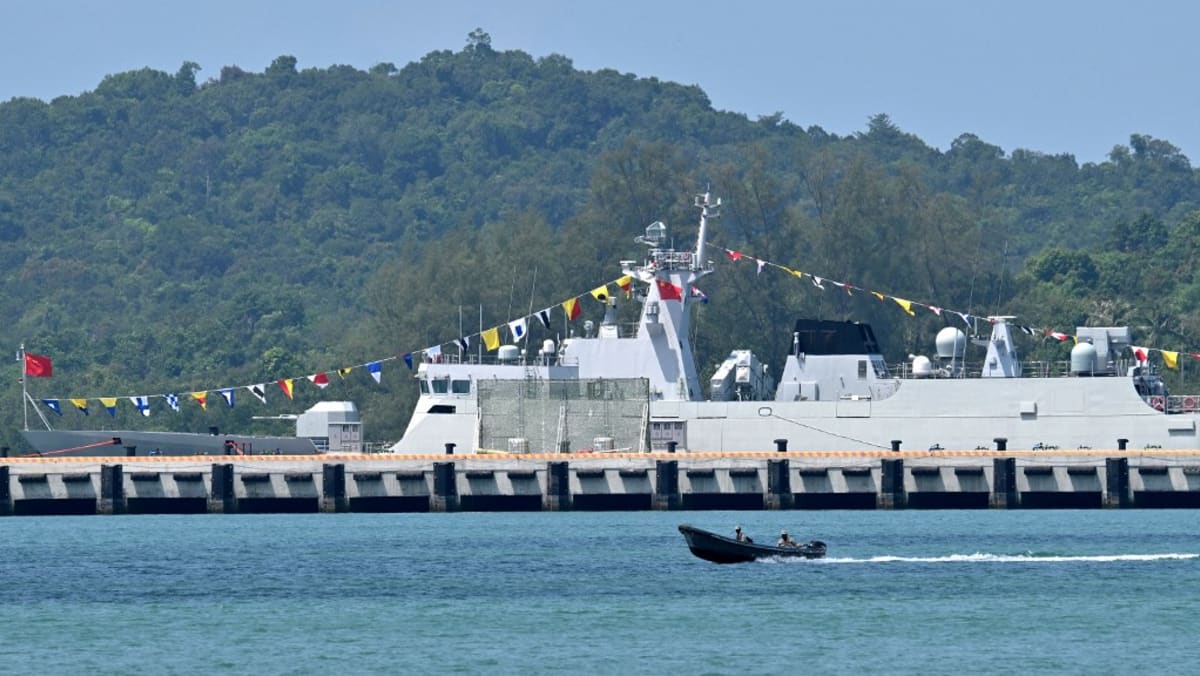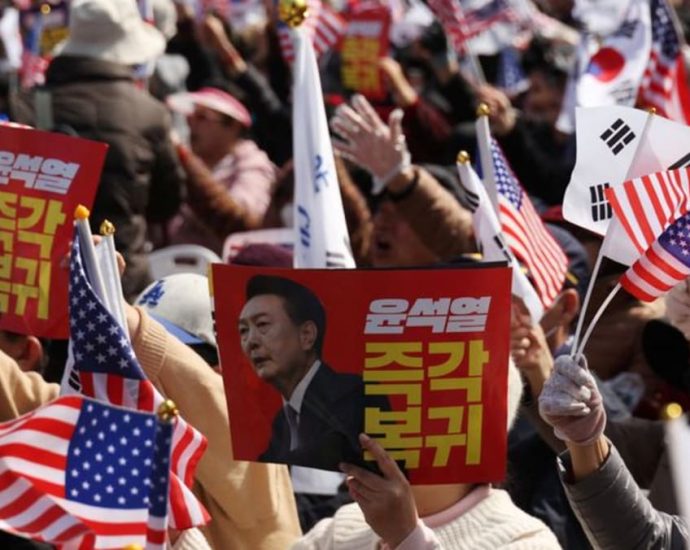South Korea, Vietnam pledge cooperation as US tariffs loom
After the announcement of US tariffs, which are a major challenge for both economies and for businesses like Samsung Electronics, which have significant investments in Vietnam, South Korea and Vietnam announced on Wednesday ( Apr 16 ) they agreed to work together. The two nations are attempting to increase bilateralContinue Reading

